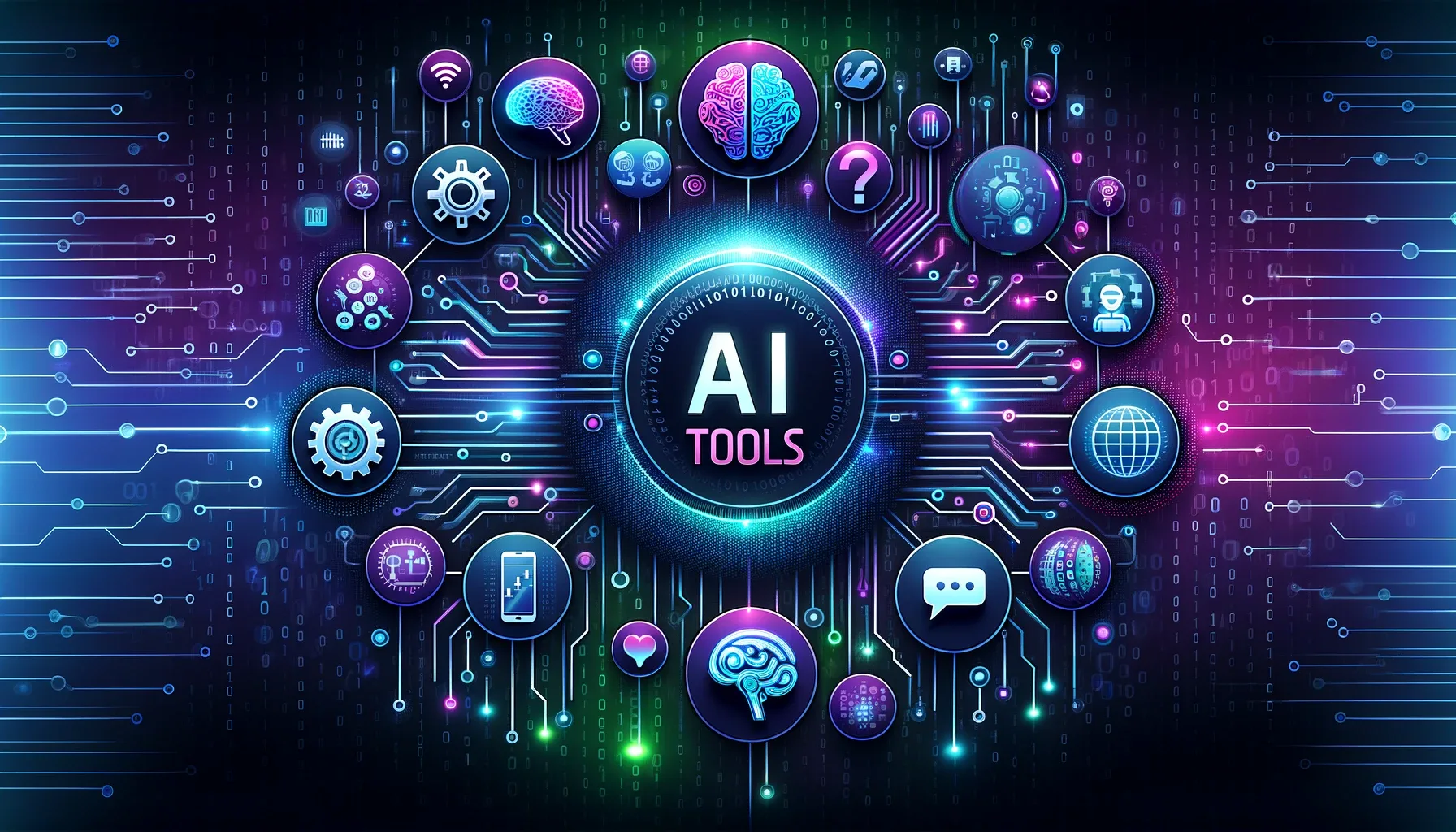Strategies for Workforce Evolution in the AI Era
The rapid advancement of artificial intelligence is fundamentally reshaping the global professional landscape. Adapting one's skill set is no longer an option but a necessity for sustained career growth and relevance. Understanding the most effective strategies for skill evolution is crucial for navigating this transformation.
Below, we outline key approaches to consider:
-
Continuous Skill Development: Proactively acquiring new competencies through online courses and certifications. This ensures adaptability and relevance in a rapidly evolving professional landscape, keeping skills current and valuable. (159 chars)
-
Specializing in Human-Centric Expertise: Cultivating unique human attributes like emotional intelligence, critical thinking, and creativity. These skills are difficult for AI to replicate, fostering innovation and strategic decision-making. (160 chars)
-
AI Collaboration and Prompt Engineering: Developing proficiency in working with AI tools, understanding capabilities, and mastering effective prompt crafting. Leveraging AI for efficiency and data analysis transforms task execution. (167 chars)
Evaluating Skill Adaptation Strategies
To effectively choose an adaptation strategy, it's important to assess each approach against a set of objective criteria. This ensures a comprehensive understanding of its potential impact and demands.
-
Adaptability to Rapid Change: How well does the approach prepare individuals for unforeseen technological shifts and evolving industry demands? Future-proofing is key. (113 chars)
-
Long-term Career Viability: Does this method foster enduring relevance and opportunities for advancement over an extended professional timeline? (109 chars)
-
Immediate Applicability: To what extent can acquired skills be practically applied in current roles or new positions within a short timeframe? (110 chars)
-
Resource Investment Required: What level of time, effort, and financial commitment is necessary to effectively implement this skill development strategy? (115 chars)
Comparative Analysis of Adaptation Approaches
Continuous skill development fosters a mindset of lifelong learning, making individuals highly adaptable to technological disruptions. By consistently updating knowledge, this approach significantly enhances long-term career viability, ensuring skills remain current and opening new pathways for growth.
Immediate applicability of continuous learning varies; some skills integrate quickly, others require time. Resource investment can be substantial, demanding consistent time and potential financial outlay. However, potential for sustained career advancement often justifies this dedication.
Specializing in human-centric expertise offers robust long-term career viability. Skills like creativity, empathy, and strategic judgment are difficult for AI to replicate, providing a stable foundation. This makes individuals indispensable in human-AI ecosystems.
Human-centric skills have high immediate applicability, fundamental to leadership, collaboration, and client relations. Resource investment focuses on experience and reflective practice. This approach builds deep, transferable value, refining essential talents for any professional context.
AI collaboration and prompt engineering offer strong immediate applicability, boosting efficiency. This skill set is highly adaptable, crucial across industries. It secures long-term career viability by positioning individuals as key facilitators in AI-driven workflows, making them highly sought-after.
Resource investment for AI collaboration is moderate, involving self-study and practical experimentation. Acquired skills apply almost immediately to optimize tasks. This approach fosters practical understanding of AI's utility, making individuals more productive and valuable contributors at Pixlogickeal and beyond.
Strategic Recommendations for Skill Adaptation
For quick enhancement of current roles and increased efficiency, AI Collaboration and Prompt Engineering is recommended. This path allows immediate practical application, transforming daily tasks. It requires manageable resource investment and offers tangible short-term advantages.
To build enduring professional relevance, prioritizing Specializing in Human-Centric Expertise is paramount. These irreplaceable skills offer a robust shield against automation, ensuring sustained value and leadership potential. They foster a truly future-proof career trajectory.
For individuals committed to staying at the forefront, Continuous Skill Development should be a core strategy. Ideal for dynamic industries, it ensures perpetual adaptability and opens diverse opportunities. This approach requires consistent, disciplined learning.
A balanced approach combining elements of all three methods offers the most comprehensive strategy. Integrating AI collaboration for efficiency, cultivating human-centric skills for resilience, and maintaining continuous learning creates a powerful, multifaceted professional profile.

